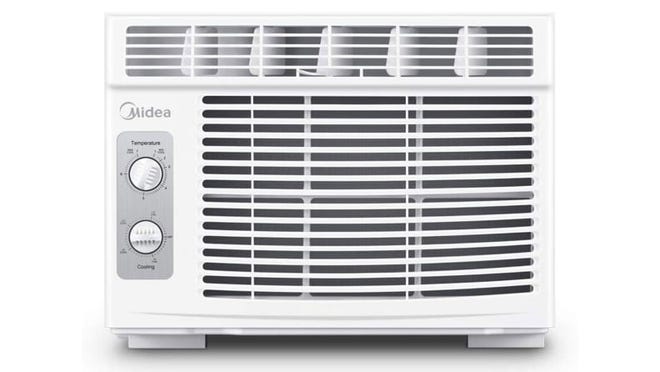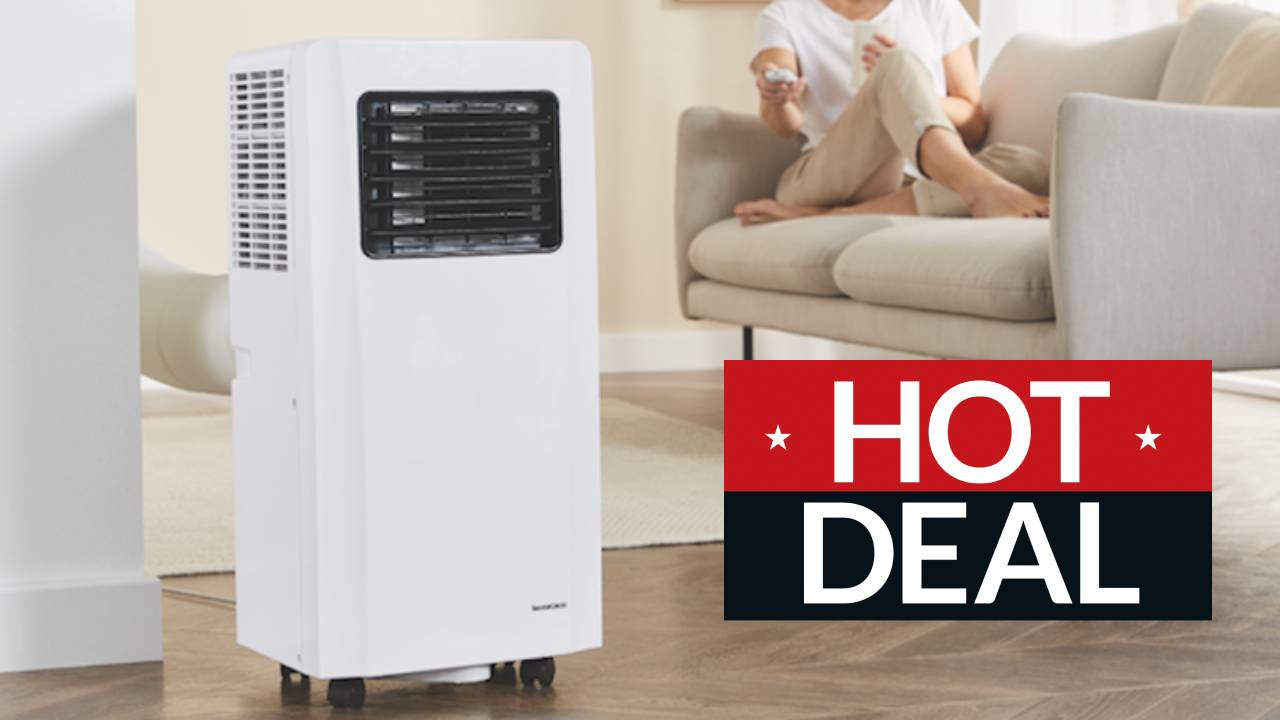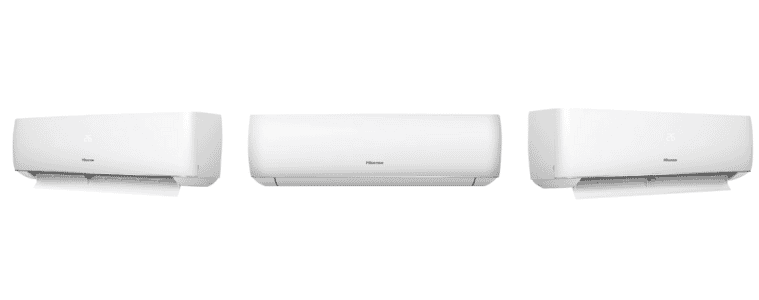Where Can You Buy Cheap Air Conditioners

Frequently Asked Questions About Buying Cheap Air Conditioners
Looking for an affordable way to cool your home or office? Buying a cheap air conditioner doesn't have to mean sacrificing quality. This FAQ will answer your burning questions about where to find the best deals and how to make smart purchasing decisions.
Question 1: Where are the best places to find genuinely cheap air conditioners?
Finding the absolute lowest price often requires a little legwork. Here's where to start your search:
- Big Box Retailers: Stores like Walmart, Target, and Costco frequently offer seasonal sales and clearance events, especially towards the end of summer when they're trying to clear out inventory for the next season. Keep an eye on their online and in-store flyers. Bulk buying at Costco can sometimes offer better deals, provided you need multiple units.
- Online Marketplaces: Sites like Amazon, eBay, and Overstock.com can be treasure troves for discounted air conditioners. Compare prices across different sellers and pay close attention to reviews. Look for "used - like new" or "open box" options, which often come with significant discounts. Be careful about third-party sellers and always check their return policies.
- Discount Appliance Stores: These stores specialize in selling appliances at reduced prices. They often carry overstock, discontinued models, or appliances with minor cosmetic damage. Always inspect the unit thoroughly before purchasing.
- Local Classifieds and Online Marketplaces (Facebook Marketplace, Craigslist): You might find great deals on used air conditioners from people who are moving or upgrading. Exercise caution when buying used appliances; meet in a public place, inspect the unit carefully, and, if possible, test it before buying. Avoid sending money before meeting and seeing the unit.
- Manufacturer Refurbished: Buying directly from the manufacturer or an authorized reseller often gives you access to refurbished units at significantly reduced prices. These units have been inspected, repaired, and certified to be in good working order. They usually come with a warranty, offering peace of mind.
- Home Improvement Stores: Stores like Home Depot and Lowe's frequently have sales and discounts, particularly during holidays and seasonal promotions. Check their online and in-store flyers regularly. They also offer financing options, which can make a purchase more manageable.
- Closeout Retailers: These retailers specialize in selling overstocked or discontinued items at deep discounts. Their inventory can be unpredictable, but you might find a gem if you're patient.
Don't forget to factor in shipping costs when comparing prices online!
Question 2: What types of air conditioners are generally the cheapest to buy?
The price of an air conditioner varies greatly depending on its type, features, and BTU (British Thermal Units) rating. Here's a breakdown of the most budget-friendly options:
- Window Units: These are generally the most affordable type of air conditioner. They're designed to fit into a standard window and are relatively easy to install. Their cooling capacity is limited to a single room. Small window units with lower BTU ratings are the cheapest.
- Portable Air Conditioners: These units are mobile and can be moved from room to room. They typically cost more than window units of similar BTU, but they don't require permanent installation. Basic models with fewer features are usually the most budget-friendly. Look for single-hose models as they tend to be cheaper (but less efficient) than dual-hose models.
- Evaporative Coolers (Swamp Coolers): These coolers work by evaporating water, which cools the air. They are most effective in dry climates and are generally cheaper to buy and operate than refrigerant-based air conditioners. However, they are not suitable for humid environments.
Central air conditioning systems and ductless mini-split systems are significantly more expensive than window and portable units.
Question 3: How do I ensure I'm getting a reliable air conditioner, even if it's cheap? What features should I prioritize?
Buying cheap doesn't have to mean buying junk. Here's how to make smart choices:
- Read Reviews: Before making a purchase, read online reviews from other customers. Pay attention to reviews that mention reliability, performance, and customer service. Look for consistent patterns in the feedback.
- Check the Energy Efficiency Rating (EER) or Seasonal Energy Efficiency Ratio (SEER): A higher EER or SEER rating indicates that the air conditioner is more energy-efficient, which will save you money on your electricity bills in the long run. Even if the initial cost is slightly higher, the long-term savings can make it worthwhile. Aim for at least an EER of 10 or a SEER of 15.
- Consider the BTU Rating: The BTU rating indicates the cooling capacity of the air conditioner. Choose a unit with the appropriate BTU rating for the size of the room you want to cool. An undersized unit will struggle to cool the room effectively, while an oversized unit will cycle on and off too frequently, wasting energy. Use BTU calculators online to determine the right size.
- Look for a Warranty: A warranty protects you against defects in materials and workmanship. Check the length and coverage of the warranty before making a purchase. A longer warranty indicates that the manufacturer has confidence in the product's reliability.
- Basic Features are Key: Focus on essential features like adjustable thermostat, multiple fan speeds, and a washable filter. Avoid paying extra for features you don't need. A timer can also be a useful feature for saving energy.
- Brand Reputation: While lesser-known brands might offer cheaper prices, established brands often have a better track record for reliability and customer service. Research the brand's reputation before making a purchase.
- Check for Certifications: Look for certifications like Energy Star, which indicates that the air conditioner meets certain energy efficiency standards.
Don't be afraid to ask questions and compare different models before making a decision.
Question 4: Are there any hidden costs I should be aware of when buying a cheap air conditioner?
The initial purchase price is just one part of the equation. Here's what else to consider:
- Installation Costs: Window units are generally easy to install yourself, but if you're not comfortable doing it, you'll need to pay for professional installation. Portable units require minimal setup, but you'll need to vent the exhaust hose. Consider the cost of a window venting kit if one isn't included.
- Energy Costs: A cheaper air conditioner might not be as energy-efficient as a more expensive model. This can result in higher electricity bills. Calculate the estimated energy costs before making a purchase.
- Maintenance Costs: All air conditioners require some maintenance, such as cleaning the filter. Neglecting maintenance can shorten the lifespan of the unit and increase energy consumption. Replacement filters can also add to the cost.
- Window Sealing Kits: Window units often have gaps around the edges, which can let in hot air and reduce efficiency. You may need to purchase a window sealing kit to properly seal the unit.
- Extended Warranties: While extended warranties can provide peace of mind, they can also be expensive. Evaluate the potential benefits and costs before purchasing an extended warranty.
- Accessories: Some air conditioners may require additional accessories, such as mounting brackets or extension cords. Factor these costs into your budget.
A little planning can prevent unexpected expenses down the road.
Question 5: When is the best time of year to buy a cheap air conditioner?
Timing is everything when it comes to finding deals. Here's when to look:
- End of Summer (August-September): Retailers are eager to clear out their summer inventory to make room for fall and winter merchandise. This is often the best time to find deep discounts on air conditioners.
- Off-Season (Fall-Winter): Demand for air conditioners is lower during the off-season, so retailers may offer lower prices to attract customers.
- Holidays: Major holidays like Memorial Day, Fourth of July, and Labor Day are often associated with sales and discounts.
- Black Friday and Cyber Monday: These events offer some of the best deals of the year on a wide range of products, including air conditioners.
- Before Heat Waves: Ironically, if you can anticipate an upcoming heat wave, you might find retailers offering pre-emptive discounts to clear inventory expecting a surge in demand. This is riskier as selection will be limited.
Be patient and keep an eye on prices. You're more likely to find a good deal if you're willing to wait for the right opportunity.
Question 6: Are there any government rebates or incentives available for buying energy-efficient air conditioners?
You might be able to save even more with rebates and incentives:
- Federal Tax Credits: Check the IRS website for information on federal tax credits for energy-efficient appliances. The availability and amount of these credits can vary from year to year.
- State and Local Rebates: Many states and local governments offer rebates for purchasing energy-efficient appliances. Check with your local utility company or energy office to see what incentives are available in your area.
- Utility Company Programs: Some utility companies offer rebates or discounts on energy-efficient appliances. Contact your utility company to learn about their programs.
Taking advantage of these incentives can significantly reduce the overall cost of your air conditioner.
Question 7: Besides the price, what else should I consider when making my cheap AC purchase?
Price is important, but it shouldn't be your only consideration. Think about these factors too:
- Noise Level: Some air conditioners can be quite noisy, which can be disruptive, especially in bedrooms or home offices. Check the decibel rating of the unit before making a purchase. Look for models that are designed for quiet operation.
- Ease of Installation and Use: Consider how easy the air conditioner is to install and operate. Window units can be tricky to install properly, while portable units are generally easier to set up. Make sure the controls are intuitive and easy to use.
- Maintenance Requirements: All air conditioners require some maintenance, such as cleaning the filter. Choose a unit that is easy to maintain. Look for models with washable filters that can be easily removed and cleaned.
- Size and Weight: Consider the size and weight of the air conditioner, especially if you plan to move it frequently. Window units can be heavy and difficult to handle.
- Aesthetics: While not the most important factor, the appearance of the air conditioner can be a consideration. Choose a unit that complements the décor of your room.
- Smart Features: While these add to the cost, consider if smart features like smartphone app control, voice assistant integration, or automated scheduling are important to you. These features can enhance convenience and energy savings.
Weigh all the pros and cons before making your final decision. Happy cooling!










